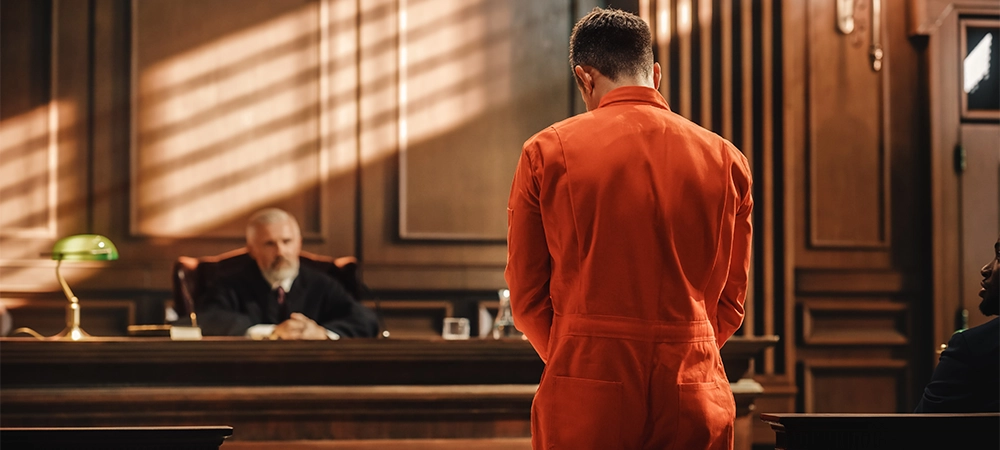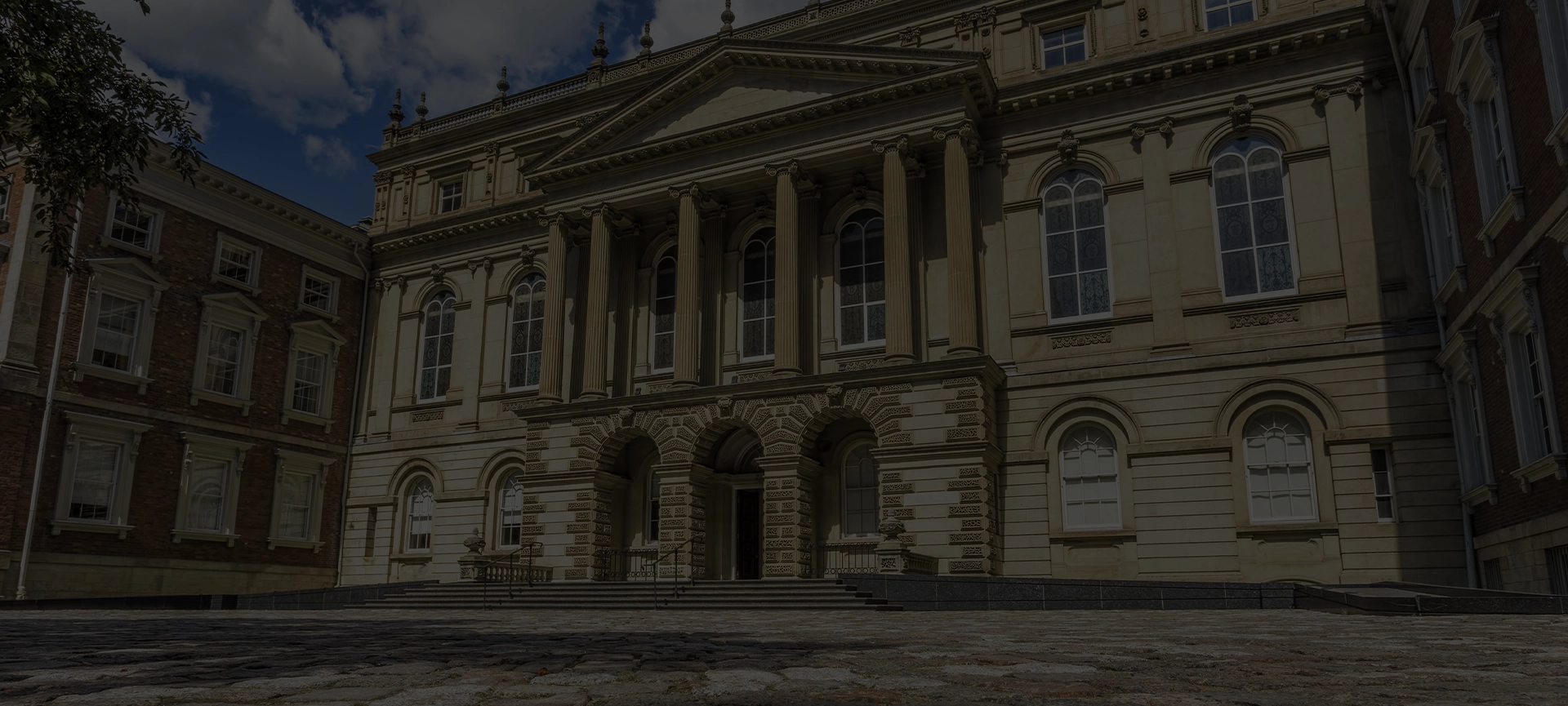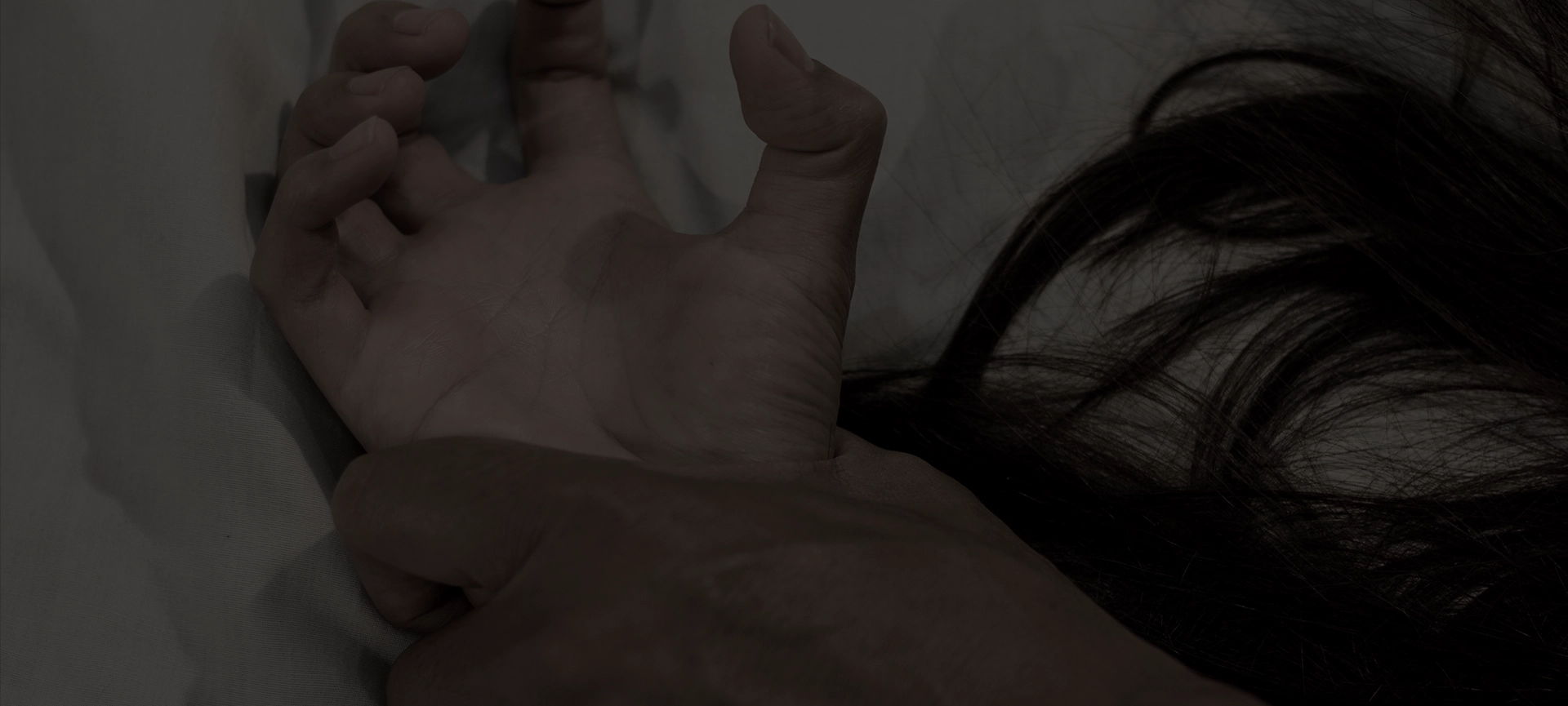Judicial matters in Ottawa are ruled by the Court of Ontario. The two main branches of this court are the Ontario Court of Justice and the Superior Court of Justice. If you’re wondering what these courts are for and what cases they see, you’ve come to the right place. Here, we’ll explore how the Ottawa courthouse system works, where some crucial matters take place, and provide an overview for clients in Ottawa. Read on to find out more!
The Ontario Court of Justice
As one of the two trial courts in Ontario, the Ontario Court of Justice aims to provide a fair, accessible, and independent justice for all residents of Ottawa. Cases are ruled upon by justices of the peace and judges appointed by the province court.
Justices of the peace will hold hearings on province offence matters, including search warrants, bail, and trials. They also have jurisdiction in managing criminal cases and peace bond applications.
Judges rule on some bail cases and hold adult and youth criminal preliminary hearings and full trials, including sentencing. They also have jurisdiction over family and child protection cases and Provincial Offence trials.
Overall, the entire Ontario Court of Justice acts by the mandates established by federal, provincial and municipal laws.
Ontario Court of Justice Courtrooms and Proceedings
Those facing a criminal charge (or have any judicial matter to attend to) in Ottawa will likely need to go to the courthouse of the Ontario Court of Justice in Ontario.
If you receive a notice to appear in this court or are given a promise to appear after release from an initial arrest, the address of the Ottawa Courthouse will be noted on either document. You find the Ontario Court of Justice on the first floor of the Ottawa Courthouse, going downstairs from the main entrance.
Bail hearings are held in courtroom number 6 or, with some exceptions, in courtroom number 3. Those held after arrest and awaiting bail will be brought here. It’s crucial to note to both those held on bail and those who want to appear at their hearings that matters are held from 9:30 am.
Typically, a justice of the case will preside in this courtroom (wearing a green sash), except in sensitive or specific cases when the judge appears in their place (wearing a red sash). Traditionally, judges are addressed as “Your Honour,” while justices of the peace are referred to as “Your Worship.”
Matters other than bail hearings are held in the various other courtrooms of the courthouse. For example, those appearing for their first hearing at the remand court (the hearing those charged with a criminal offence have after being released from on bail) will go to courtroom number 14.
Administrative matters are also held in this courtroom, regardless of the number of hearings in a particular case. Remand court hearings and administrative issues are presided over by the justice of the peace. They start hearings at 8:30 am.
Cases where legal representatives are present take precedence and are addressed by the alphabetical order of the legal representatives’ last names. Once these are finished, the justice of the peace starts hearing the case where parties don’t have legal representation.
Those who want to plead guilty to the charges they’re facing will go to courtroom number seven, where a judge will hear and conclude the case. Hearings here start at 9 am.
The Ontario Court of Justice also has other courtrooms dedicated to specific purposes, such as the federal remand court and the mental health court. Likewise, there is an office for the duty counsel for assistance, where you can go to seek legal aid if you don’t have a lawyer but need help combating the charges you or your loved ones are facing. You’ll find their offices between courtrooms number 5 and 6.
The Superior Court of Justice
While most cases (including small criminal charges) are dealt with in the Ontario Court of Justice, some criminal cases proceed to the Superior Court of Justice. This court is located on the third floor of the same building as the Ontario Court of Justice.
The Superior Court of Justice has inherent jurisdiction, which means it’s not rooted in legislation like other courts in the province. Therefore, it has the authority to hear all matters that aren’t specifically assigned to another court level.
However, it typically only resides over the most serious criminal offences, such as drug trafficking, manslaughter, murder, crimes against state security, and conspiracy or attempt of these crimes. Trials are held by a judge, with or without the presence of a jury.

Final Thoughts
The Ottawa courthouse system covers the Ontario Court of Justice and the Superior Court of Justice, the two courts presiding over judicial matters in Ontario.
Except for complex and uniquely sensitive cases that proceed to the Superior Court of Justice, most issues in Ottawa are dealt with in the Ontario Court of Justice. Both are located in the Ontario Courthouse and have dedicated areas for different matters.
If you need further advice on the Ottawa courthouse system or are looking for legal help, contact AGP LLP today. We’ll be more than happy to guide you through any questions you have and give you a free consultation if you require one.





